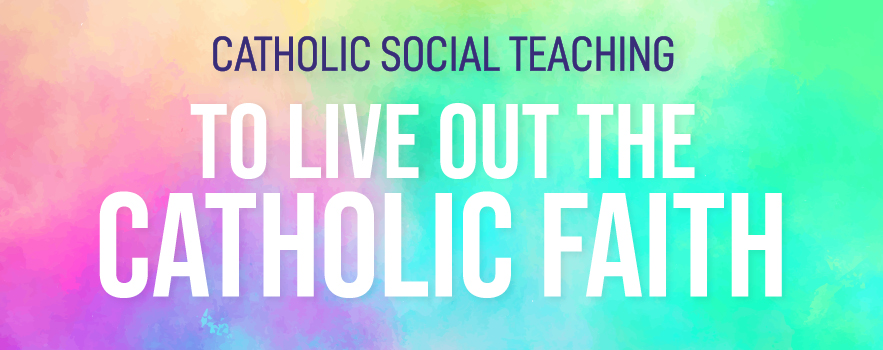No products in the cart.

“Yet even now, says the Lord, return to me with all your heart.” (Joel 2:12)
The prophet Joel’s invitation on Ash Wednesday signalled the beginning of Lent. Lasting for 40 days, excluding Sundays, Lent prepares us for Christianity’s most important event, the Resurrection, on Easter Sunday. It is so central that St Paul says in his first letter to the Corinthians, “If Christ has not been raised, your faith is futile and you are still in your sins.” (1 Corinthians 15:17)
How then do we make the best of this Lenten season? The Church has traditionally recommended prayer, fasting and almsgiving. All three must be done together, not apart from each other. Most Catholics are familiar with prayer and fasting but almsgiving may be less clear. After all, the word “almsgiving” is not used in everyday conversation.
A common way to give alms is to donate money or essentials for those in need. This is a very important charitable act, and this is why the Caritas Charities Week appeal campaign takes place during Lent. But is almsgiving only about donations?
The word “alms” originates from the Greek word eleos, meaning mercy. The “Kyrie eleison” or the “Lord, have mercy” that we say at Mass stems from the same root word. Thus, to give alms is to show mercy.
How do we show mercy in the season of Lent? Here, we can tap on the Catholic Church’s social teaching to broaden our understanding of mercy. For the uninitiated, Catholic Social Teaching (CST) is a rich, ever-growing body of Church teaching that guides us on how we should live out our faith daily in relation to our neighbours, society and our common home, the Earth. Although it is a supremely practical body of teaching, unfortunately, it is not well known; some have even called it the Church’s “best-kept secret”.
The Church teaches that all faithful must act for the common good i.e. to strive for a society that makes it as easy as possible for every person to reach the fullness of life as an individual and a member of a group. This is because every person is created in the image of God, with an inherently great dignity, and therefore, everyone deserves to live in such a society.
One can say that the Catholic Church is ambitious. Not content with only a majority of people reaching their fullest potential, the Church wishes that everyone does so. This is only possible because of its faith and hope in God who loves all His children. The Principle of the Common Good therefore, shows us that being merciful is more than just giving money and things to the needy, important as they are. Showing mercy is also about personally striving to enable every person, especially the vulnerable and marginalised, to have a fulfilling life.
In subsequent Catholic News issues, our column will offer some thoughts on those who have been hindered from reaching their fullest potential, and how we can try to do something about it. This broader idea of almsgiving might seem more difficult to do and more inconvenient than just donating. Yet, this is precisely why it could be a great way to prepare for an encounter with our Risen Lord on Easter Sunday.
First published in Catholic News. Reprinted with permission.
